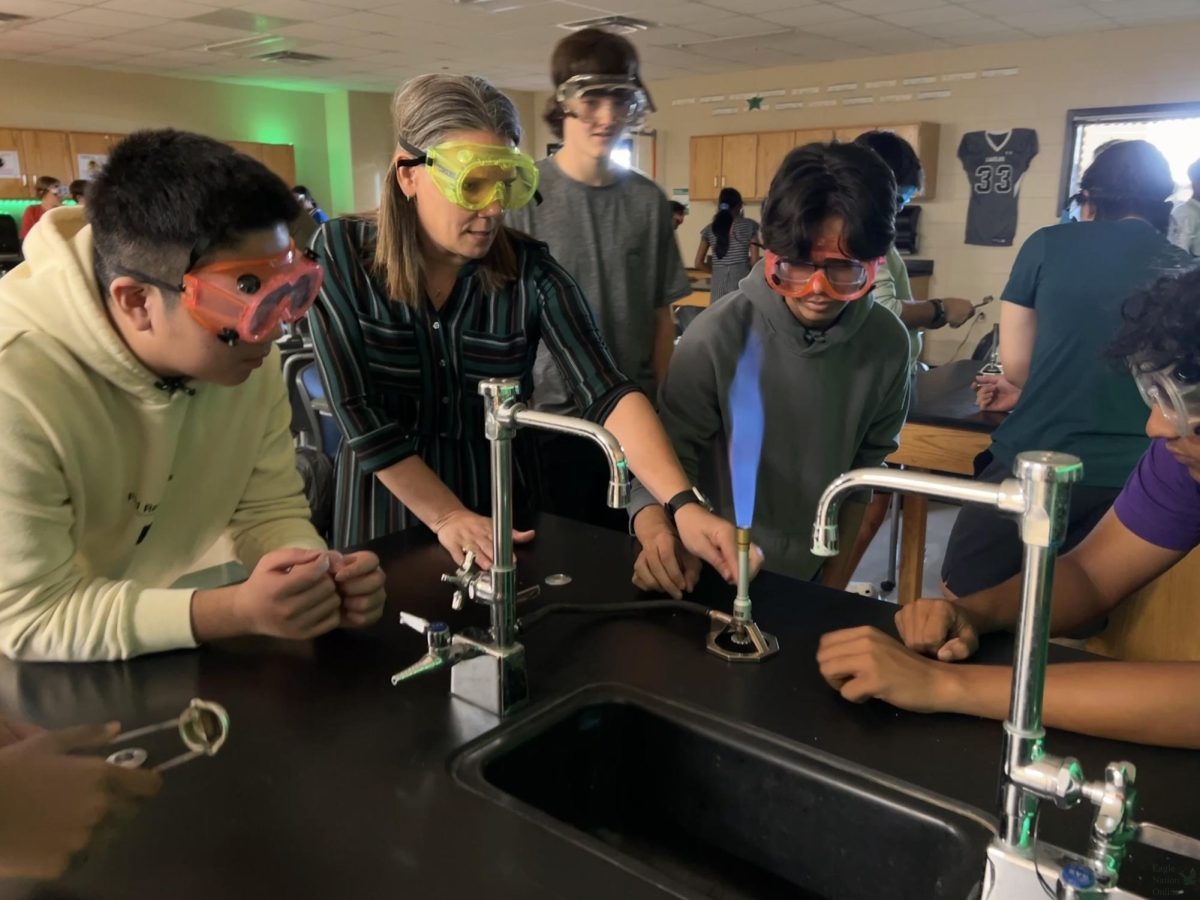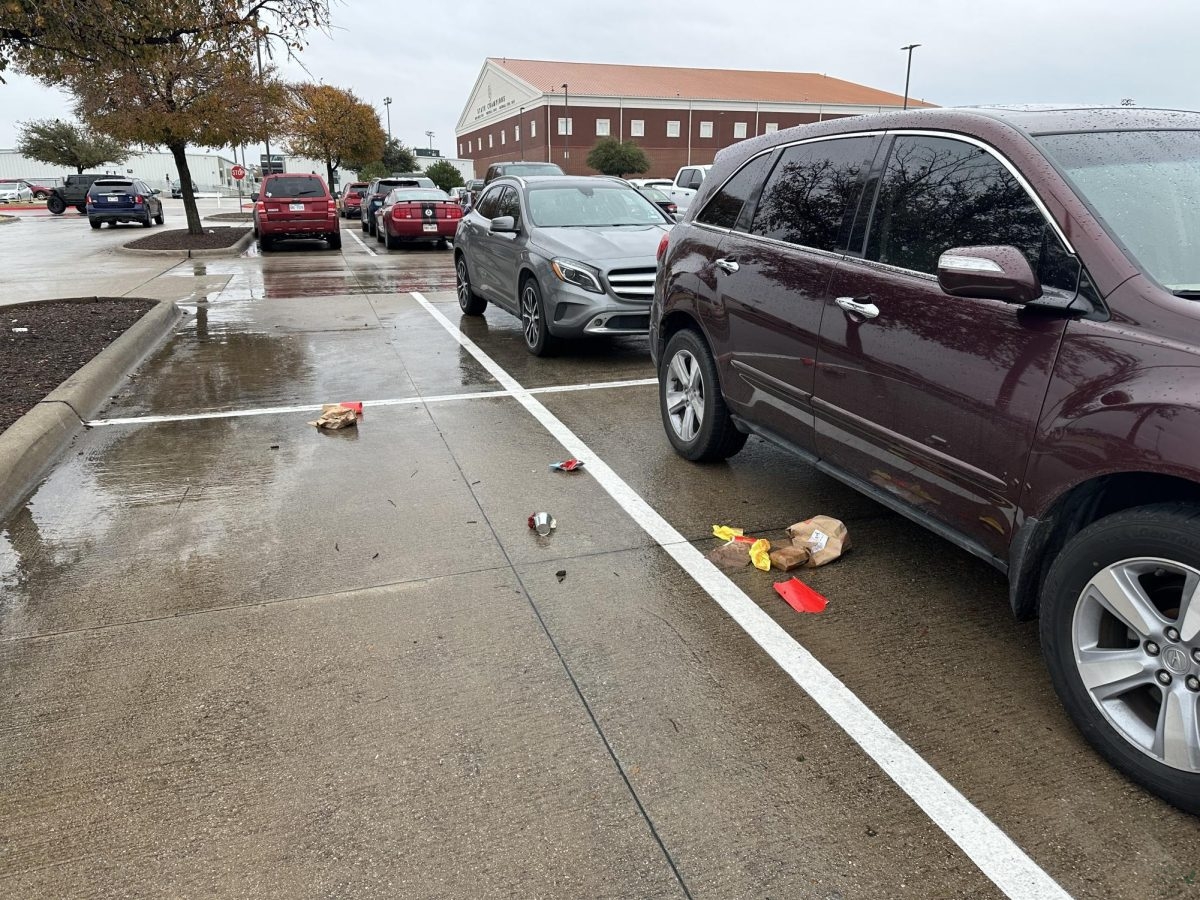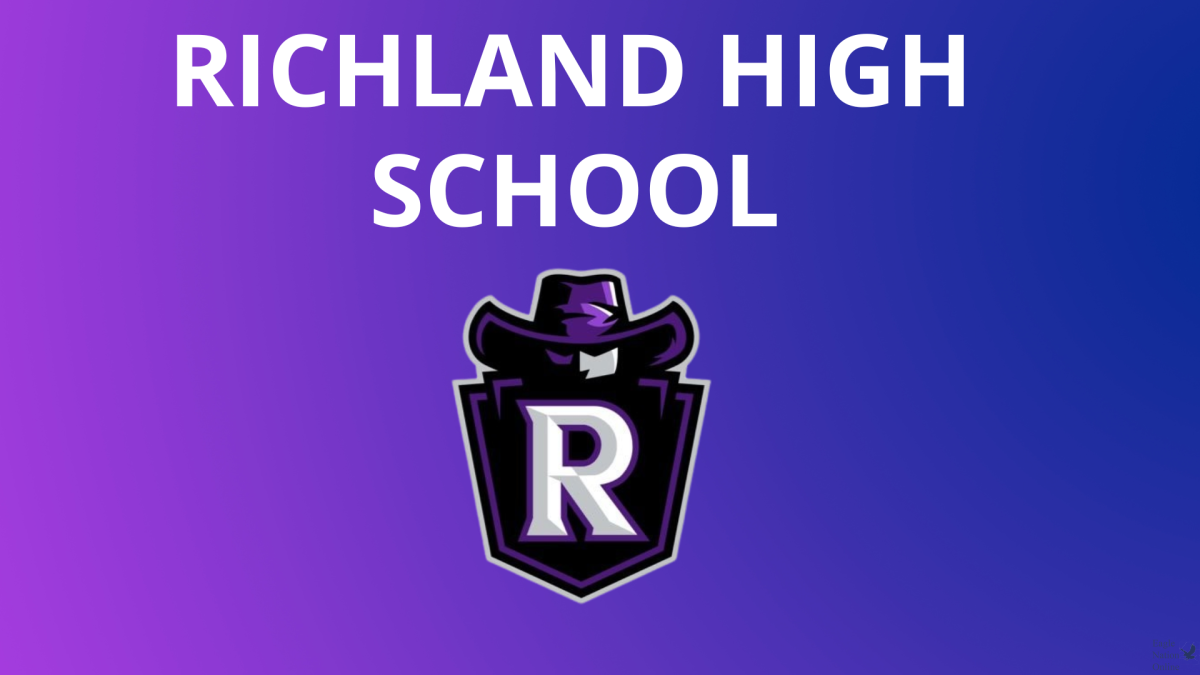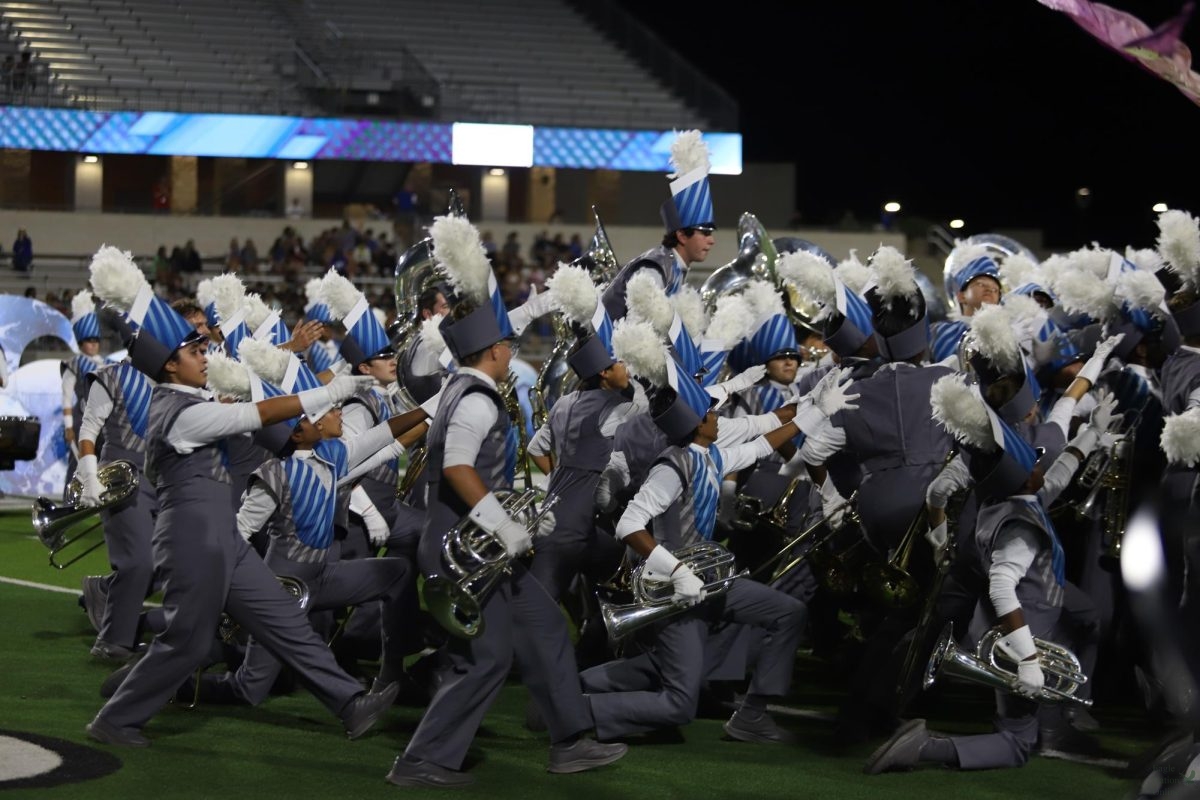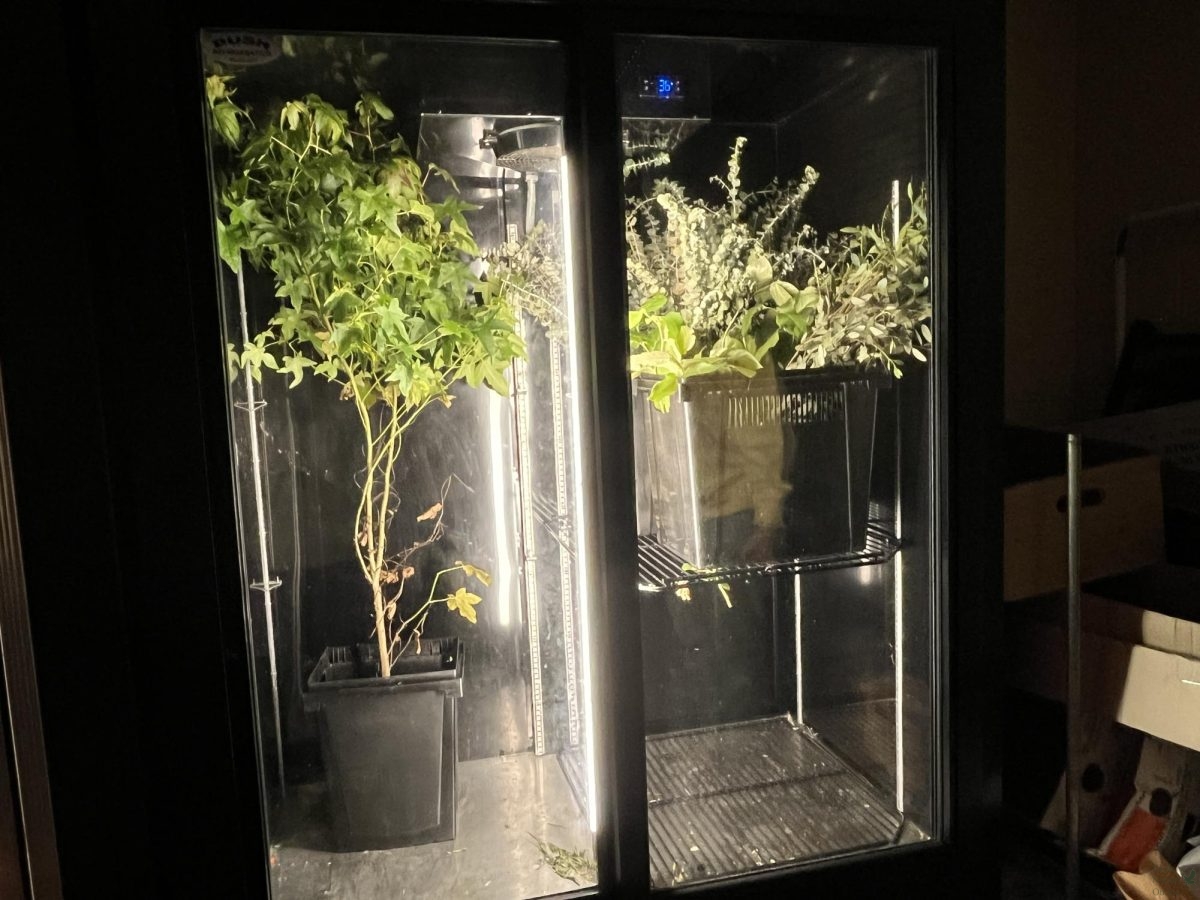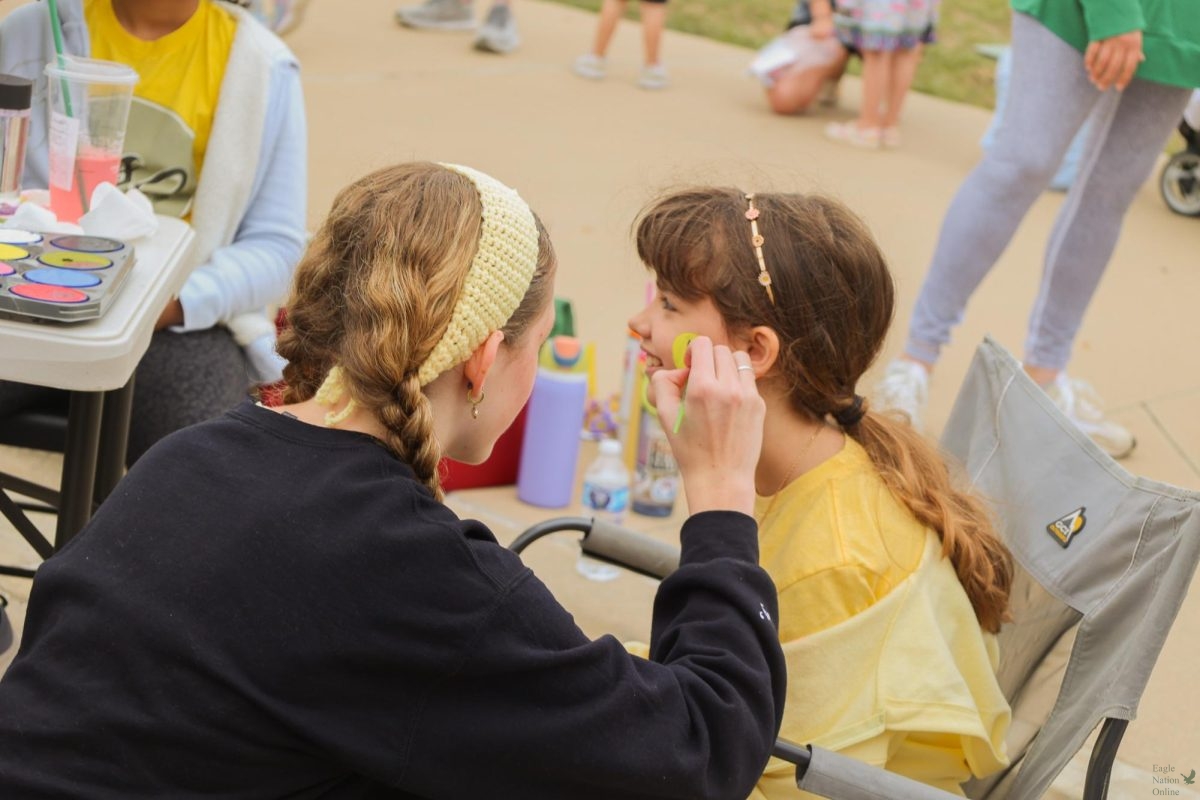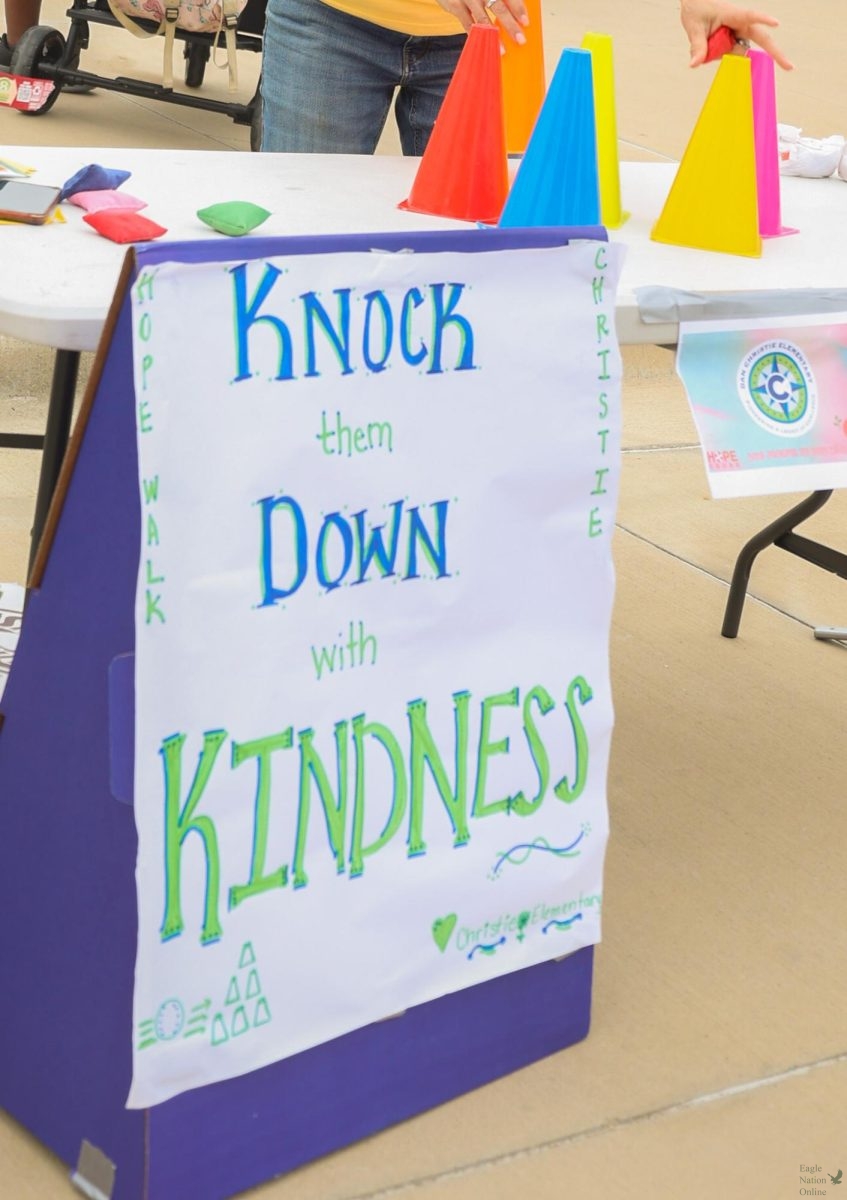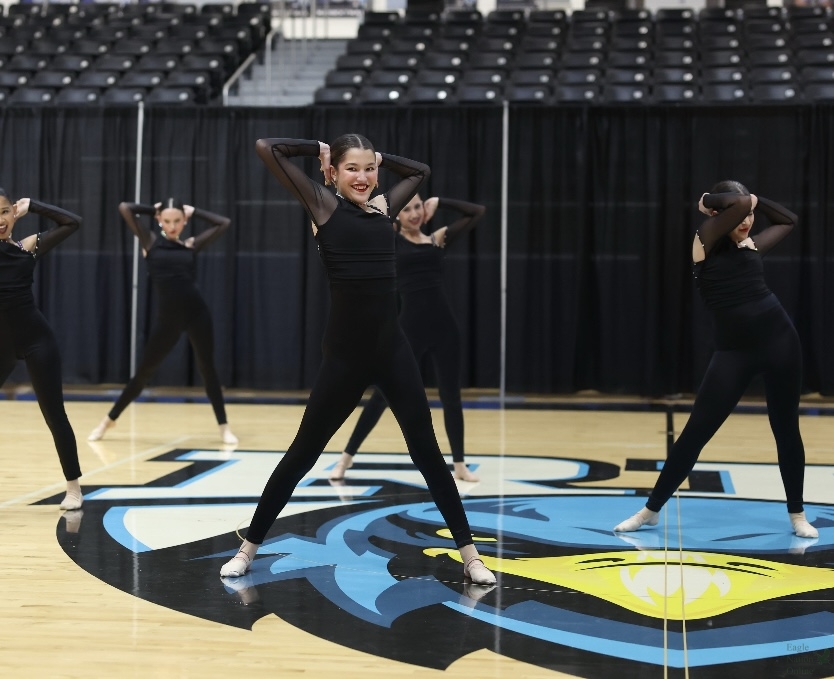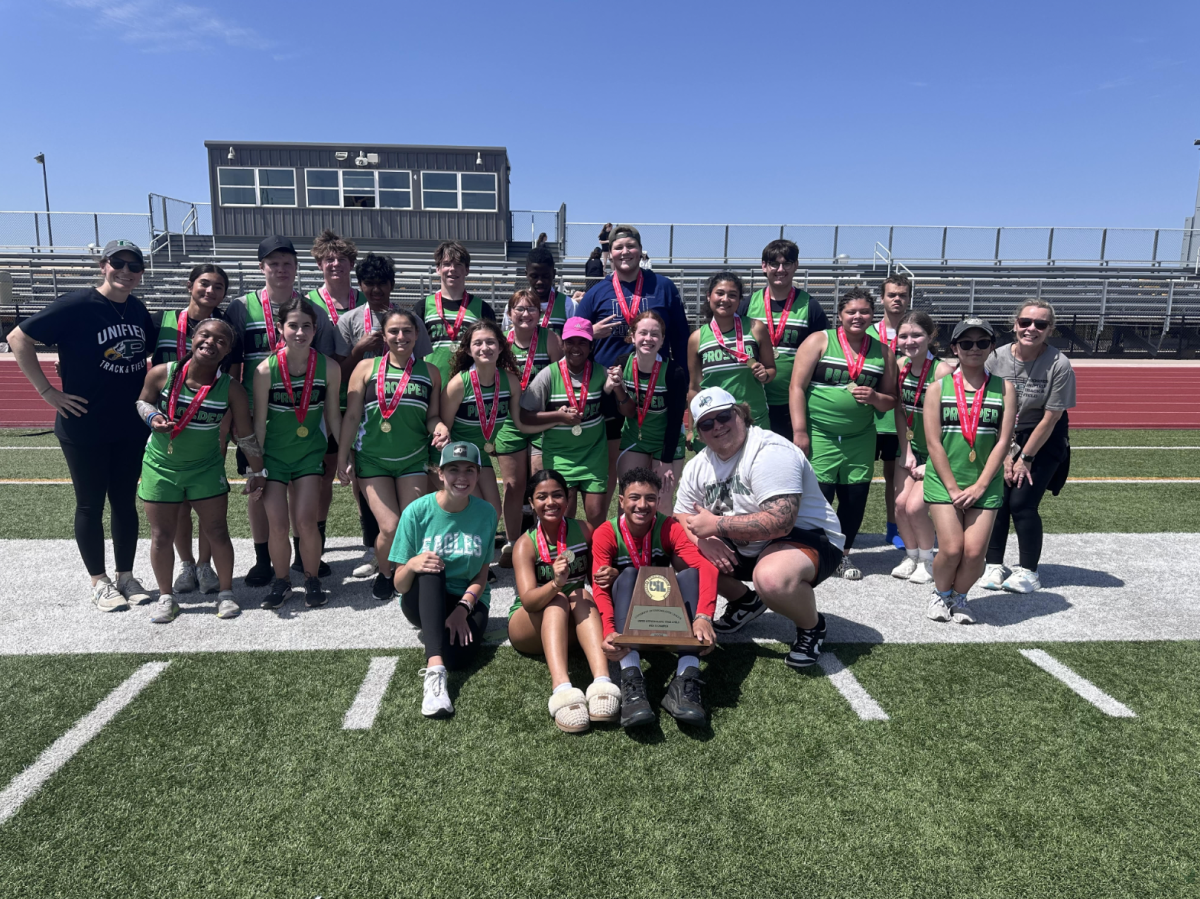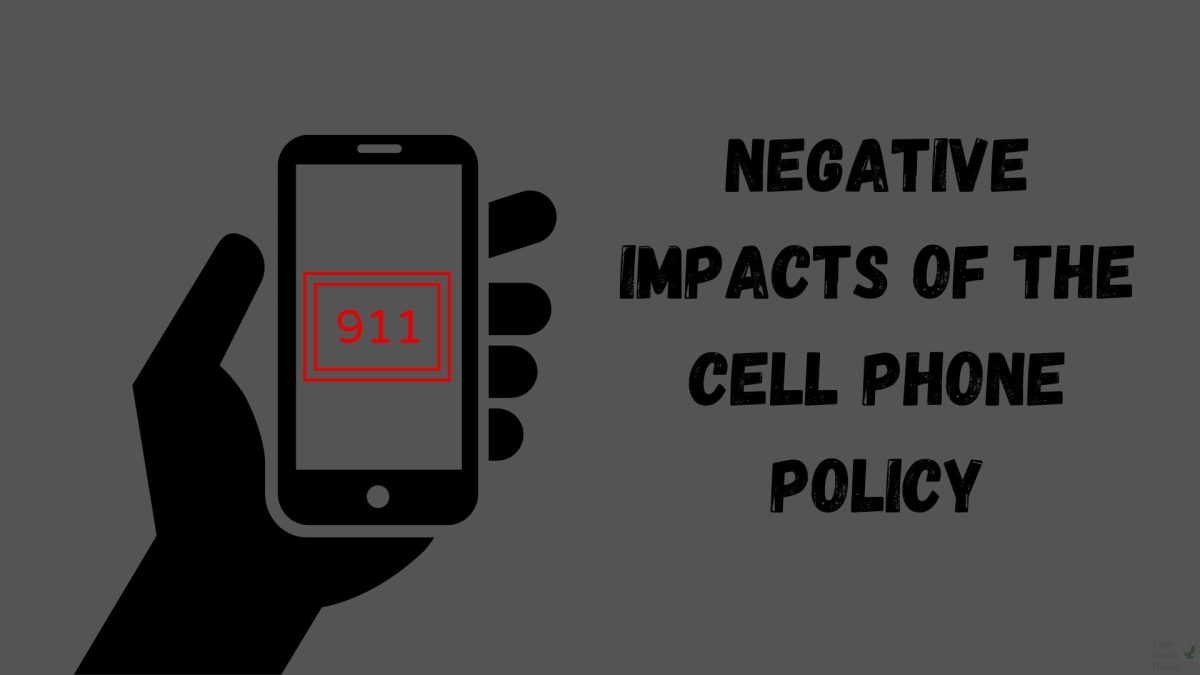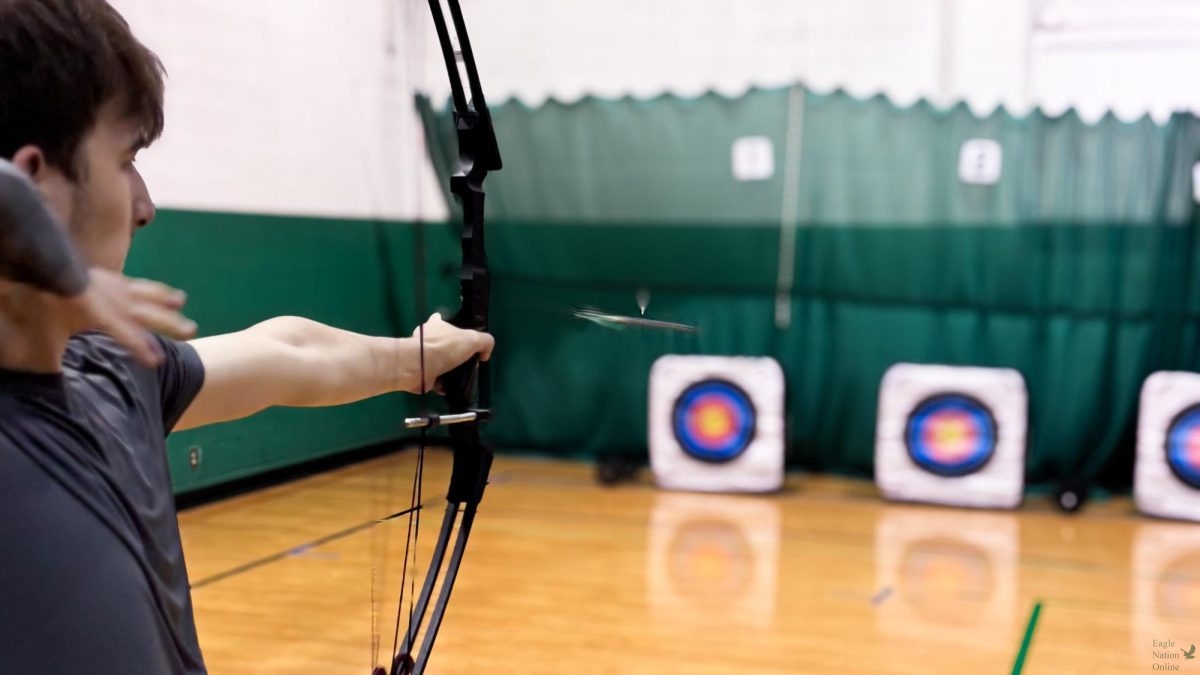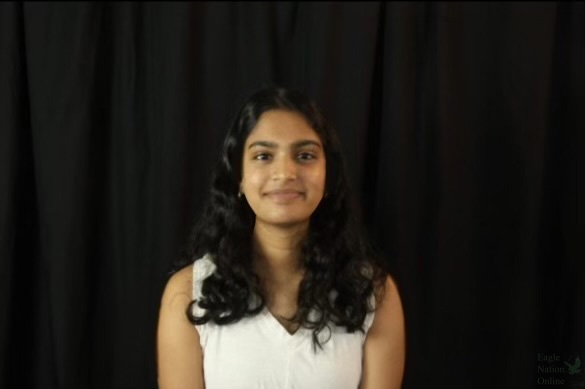Standing at the front of the classroom, chemistry teacher Beverly Hassell performs a lab demonstration as her students watch, their eyes wide with curiosity.
Hassell initially started as an undergraduate pre-med student. She had just completed her pre-requisites for medical school and had taken a year off. Hassell decided to contact a local school to see if they had an opening to teach science.
“We were living in North Carolina at the time,” Hassell said. “My husband was deployed. He was in the Marine Corps, so I accepted the offer to teach and stepped into the classroom.”
Hassell accepted a job in a program where she could complete her credentialing in addition to teaching. She said this was essential, as it was difficult for her to get into a residency program with her and her husband constantly moving. With each new school, Hassell became more involved with becoming an educator.
“With every move and every child, I kept thinking, ‘there’s no way I can go to medical school’,” Hassell said. “So, I kept going with teaching, and it’s been 15 years now.”
Orders to be stationed in North Carolina and moving to Japan made pursuing a career in medicine seem less and less possible. Teaching opened up opportunities for Hassell to balance her career and personal life.
“I found out that I really enjoyed it,” Hassell said. “And, I really loved the schedule since it allowed me to stay home with my kids and be with them when I needed to.”
In 2020, after her husband retired, Hassell and her family moved to Texas from Virginia. She then started noticing some symptoms.
“My left side was feeling numb and cold,” Hassell said. “Just different than normal.”
The doctors immediately wanted to rule out a stroke when she went in for her appointment.
“They sent me to the emergency room and did a CT scan,” Hassell said. “That’s when they discovered I had a brain tumor.”
Hassell’s initial symptoms weren’t as noticeable. She had a slight left foot drop and her handwriting had become worse, but she was able to continue teaching.
“It was very scary because it was on my brain stem, and the doctors weren’t sure how they were going to remove the tumor without damage,” Hassell said. “I had quickly found Dr. Barnett, here in Dallas, who specialized in brain tumors at the base of the skull.”
Dr. Samuel Barnett is a neurosurgeon at UT Southwestern Medical Center who specializes in otolaryngology — head and neck surgery.
“He (Barnett) made me feel really good about the whole process,” Hassell said. “He told me that it was definitely fixable, and from that, I knew I was going to be fine.”
Hassell said the best part of teaching is seeing where her students go in life. She is currently writing multiple letters of recommendation for students applying to universities across the country.
“My students, once they come through my classroom, are like my family. I feel like they’re my kids,” Hassell said. “I want to treat the kids in my classroom just like I would want a teacher to treat my own kids. The best part of teaching is being able to help others find their place in life.”
Senior James Kim said Hassell has changed his mind about not just chemistry, but learning in general.
“Being as far from a STEM kid as possible, I came into AP Chemistry with zero expectations for the class, but I walked away with a genuine interest in learning itself,” Kim said. “Mrs. Hassell taught us that something seemingly bland like stoichiometry can be made fun with creativity.”
Kim said that her teaching style helped him have a better grasp of the topics.
“Practices were entirely self-paced with active guidance from Mrs. Hassell, which gave us opportunities to explore answers to help us actively retain information,” Kim said. “I am very much a self-paced learner, which paired perfectly with Mrs. Hassell’s teaching style.”
Kim also said that Hassell has been very supportive with recommendation letters and applying to college.
“I was nervous about asking for a recommendation letter from a teacher because it would be a lot of work on the teacher’s part for editing and submitting the letters to fit each college’s requirements,” Kim said. “When I asked Mrs. Hassell, she not only accepted my request, but she did it with such enthusiasm, which made me feel truly valued as a student.”
Hassell has not only been an inspiration to students, but to colleagues as well. Having only known her for one year, biology teacher Launa White said Hassell has been a “great addition to the team.”
“As a teacher, I can tell she cares about her kids,” White said. “She is doing whatever she can to make sure all of them are successful.”
Hassell also plans on being a mentor for the UIL science team this year.
“She has offered to come in and give us (the UIL Science Team) chemistry aid with upper level problems,” White said. “She’s awesome. She brings a lot to the table for the chemistry team and our department as a whole. ”
This is junior Saanvi Bohrakoti’s second year having Hassell as a teacher for chemistry.
“Most of her lessons really stuck with me and are the reason I am able to do well in AP Chemistry,” Bohrakoti said. “Her teaching style really helped me absorb topics quickly in class.”
Bohrakoti also said that Hassell’s energy has made her look forward to going to class.
“I love her optimism,” Bohrakoti said. “She always has a smile on her face in class and it makes chemistry so fun.”
When going through a difficult period in life, Hassell said one thing to keep in mind is that there’s only so much you can do with the situation.
“Pray. Pray and lean on family,” Hassell said. “At the end of the day, you can only really control yourself. Most of the circumstances that you are put into are completely out of your power. You’re more likely to overcome something if you choose to be positive about it.”
Hassle said the most important aspect is to keep moving forward with an optimistic mindset.
“You can’t always choose the cards you are dealt,” Hassle said, “But, the one thing you can choose is how you react.”





